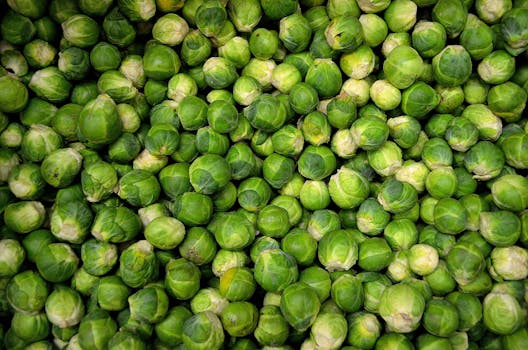Your cat has just given birth—congratulations! As a pet parent, you may feel a mix of excitement and concern about what comes next. Caring for a new mother and her kittens requires attention, patience, and knowledge to ensure everyone thrives. If you’re wondering how to provide the best post-birth care, you’re in the right place.
🩺 Vet Recommendations
After your cat gives birth, her needs and the needs of her kittens change dramatically. Here’s how you can support them:
- Provide a quiet, warm, and safe space for the mother and kittens. Avoid loud noises and interruptions.
- Ensure the mother has access to fresh water and high-quality kitten food. Nursing cats need extra calories and nutrients.
- Monitor the kittens for signs of nursing. They should latch onto their mother and feed every 1–2 hours during the first week.
- Keep the birthing area clean by replacing soiled bedding regularly.
- Observe the mother for any signs of distress, such as heavy panting, lack of appetite, or excessive bleeding.
According to VCA Animal Hospitals, it’s important to check that the mother cat is producing milk and that the kittens appear active and well-fed (source).
📋 Care Tips
Here are some practical tips to ensure a smooth recovery for your cat and a healthy start for her kittens:
- Feed the mother cat a diet specifically formulated for kittens or nursing cats. These foods are higher in protein and calories.
- Keep the room temperature between 75–80°F (24–27°C) to keep the kittens warm, as they can’t regulate their body temperature yet.
- Handle the kittens minimally during the first few weeks unless necessary. This helps the mother feel secure and reduces stress.
- Weigh the kittens daily using a kitchen scale to ensure they are gaining weight. A healthy kitten should gain 10–15 grams per day.
- Check the mother’s nipples for redness, swelling, or discharge, which could indicate mastitis (an infection).
Don’t forget to schedule a postnatal check-up with your vet within 24–48 hours after birth. This ensures both the mother and her kittens are doing well.
✅ Do’s and Don’ts
Here are some key do’s and don’ts for post-birth care:
- Do provide plenty of fresh water to keep the mother hydrated.
- Do keep the kittens in a draft-free, quiet environment.
- Do consult a vet if you notice any abnormalities in the mother or kittens, such as lethargy, fever, or diarrhea.
- Don’t bathe the kittens. Their mother will clean them herself.
- Don’t separate the mother from her kittens unless absolutely necessary.
- Don’t introduce other pets into the room, as this could stress the mother cat.
These simple steps can go a long way in ensuring your cat and her kittens remain healthy and happy.
💡 Expert Advice
Caring for a new mother cat and her kittens can feel overwhelming at first, but remember that most of the time, nature takes care of things. Your role is to provide a supportive environment and monitor for any signs of trouble. If you’re ever in doubt, don’t hesitate to reach out to a vet.
If your cat is acting unusually or you’re concerned about the kittens’ health, seeking professional advice early can make all the difference. For example, if the kittens aren’t nursing properly or appear cold and lethargic, immediate intervention is critical.
Trust your instincts and keep a close eye on their progress. With your care and attention, the mother and her kittens will thrive during this special time.
FAQs
Q: How can I tell if the kittens are getting enough milk?
A: Check if the kittens are nursing regularly and appear content after feeding. They should have round bellies and gain weight daily. If they seem restless, cry frequently, or fail to gain weight, consult a vet.
Q: When can I handle the kittens?
A: It’s best to avoid excessive handling during the first two weeks, as the mother needs time to bond with them. If you need to handle them, do so gently and briefly.
Q: What should I do if the mother cat isn’t feeding her kittens?
A: If the mother cat rejects her kittens or isn’t producing milk, contact a vet immediately. You may need to bottle-feed the kittens with a specially formulated kitten milk replacer.
Book a $49 online vet consultation at https://www.dialavet.com for fast, expert advice.























